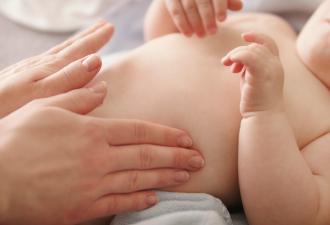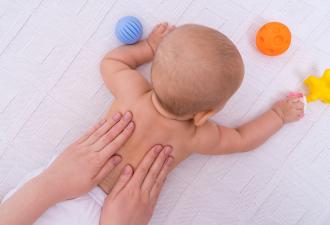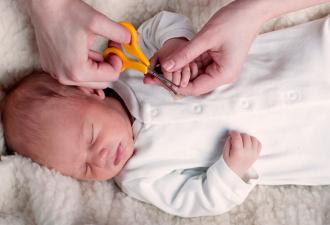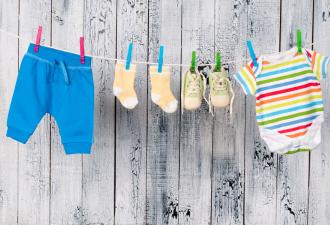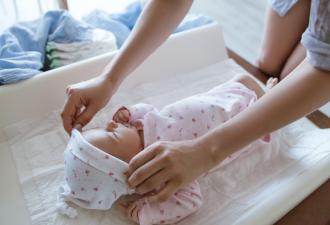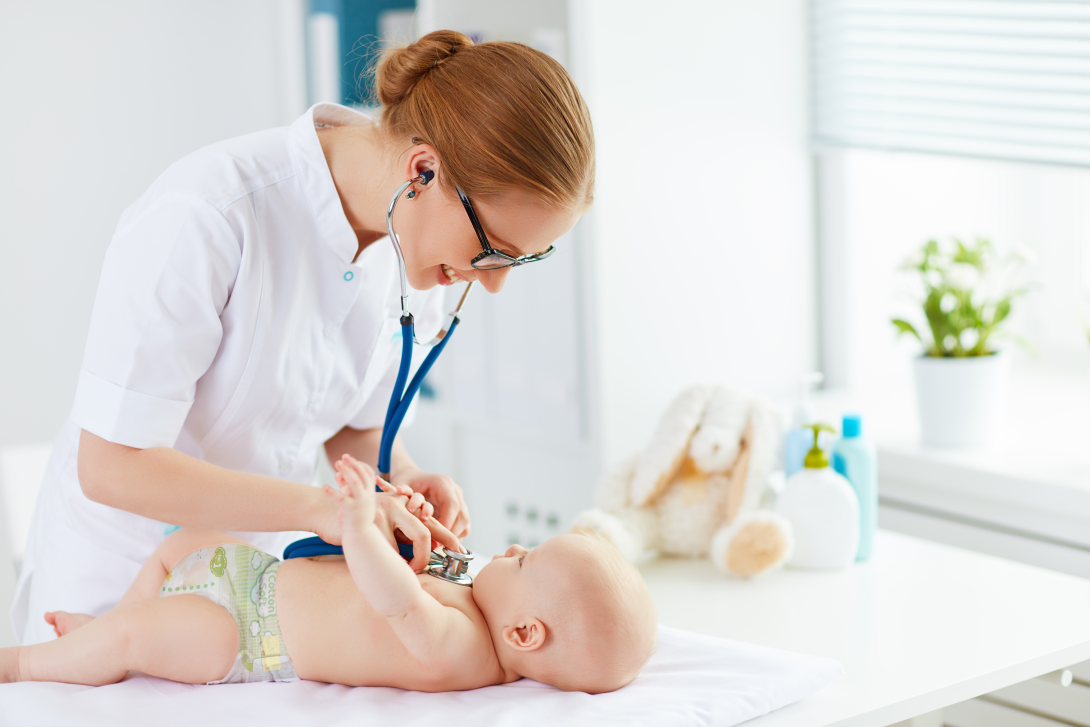
The first appointment with the paediatrician
After so many months of waiting, you are finally holding your baby in your arms! All the fears and anxieties, belong to the past ... It is very important for your baby to schedule the first visit to the paediatrician to examine your baby, the first few days after your return from the maternity clinic.
The first visit to the paediatrician, in addition to baby's examination, also includes information on the following topics:
- Vaccination: No vaccination will take place during this visit. The first vaccine will be administered at the age of two months, unless there is a particular need to start from birth, if the mother is a Hepatitis B carrier (HbsAg positive), or if due to prematurity it must be vaccinated for protection against the respiratory syncytial virus (Synagis).
- Behaviour: Babies from birth are able to see and hear. They can only see within a face to face distance (10-30 cm). It is a good idea to speak to your baby from a very close distance. Your baby may spontaneously smile to you (do not expect it to respond to your talking). Hiccups, sneezing and mild grunting are normal at this age.
- Bowel movements: Usually breastfed babies have many bowel movements (as many as their meals), whereas when fed with formula milk have much fewer. The colour of excrement varies and its composition can range from creamy to shaped.
- Navel: Usually, the navel cord is expected to fall off in 10-15 days. Try to keep it dry. Clean thoroughly with moistened gauze and white spirit, 3-4 times a day at the base of the navel. Do not be afraid if you see little blood. However, do worry if it smells bad. For the first few days, try to keep the diaper under the navel, by folding it.
Skin Care: The skin of newborns can be dry and slightly flaky, mainly on the hands and feet. If your baby's skin become very dry and flaky, use baby oil or moisturising cream, always following the instructions of your paediatrician.
Symptoms that should be reported to the paediatrician.
You should contact your paediatrician if you are worried about something or if something of the following appears:
- Vomiting or projectile vomiting after every meal.
- Diaper rash that does not subside with use of rash or special cream after a few days.
- Blood in faeces.
- Change in baby's behaviour, sleepiness, unwillingness to eat or unusual and persistent crying.
- Less than 5-6 wet diapers.
- Bad smell from the navel.
- Intense yellowing of skin or whites of the eyes (jaundice).
- Redness, swelling and purulent secretion from the eyes.
- Fever higher than 38ο C.

